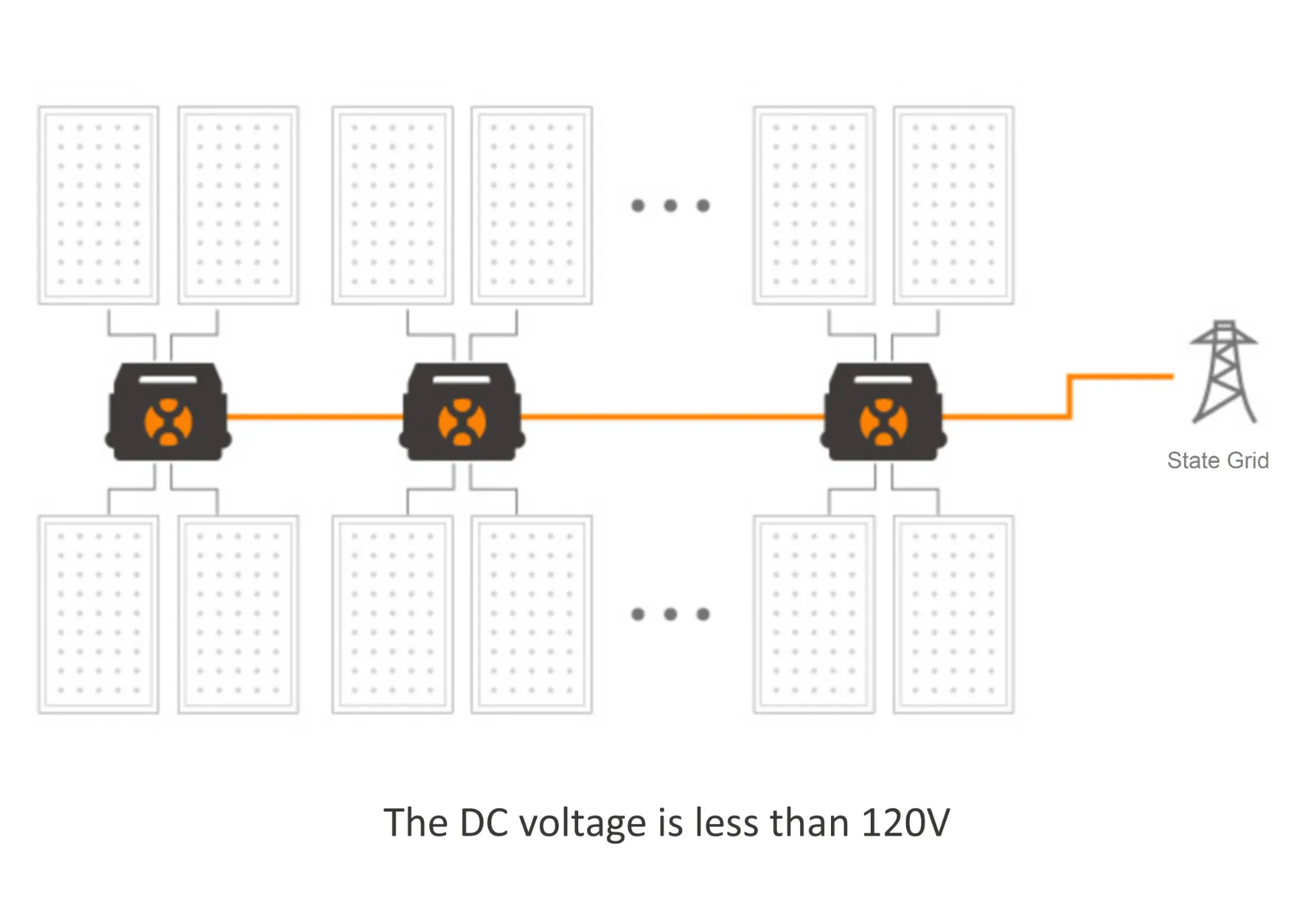The Role of Solar Energy in STEM Education
Solar energy has become an increasingly vital component in our quest for sustainable energy solutions, and its application extends beyond just powering homes and businesses. In the realm of education, particularly within the field of STEM (Science, Technology, Engineering, and Mathematics), solar energy plays an essential role in preparing the next generation of innovators and problem-solvers. By integrating solar technology, such as the off-grid solar inverter 5kW, into educational curricula, students gain hands-on experience and develop practical skills that are crucial for addressing the energy challenges of the future.

Off-Grid Solar Inverter: Empowering Students with Practical Solar Energy Knowledge
One of the most exciting aspects of solar energy in STEM education is the opportunity it offers to students to engage with real-world technology. For example, using an off-grid solar inverter 5kW in school projects gives students firsthand exposure to renewable energy systems and their components. This practical knowledge is invaluable for students pursuing careers in energy, engineering, and environmental science.
Hands-on learning with technologies like solar inverter PV1800 and other solar power systems encourages curiosity and creativity. Students can experiment with how solar panels generate power and how inverter offgrid systems convert that energy into usable electricity. This engagement helps them understand the science behind solar energy, including the principles of electricity, energy conversion, and power storage. These experiences not only build technical knowledge but also foster critical thinking and problem-solving abilities.
Promoting Sustainability Through Solar Projects
Integrating solar energy into STEM education also fosters a deeper understanding of sustainability. Solar power is a renewable and environmentally friendly energy source, making it an excellent teaching tool for students learning about sustainable practices and technologies. By using solar energy systems like the off-grid solar inverter 5kW, students can observe how renewable energy can be harnessed and stored for later use, showing the direct benefits of reducing reliance on fossil fuels.
For instance, schools and universities can incorporate solar power into their infrastructure, using solar inverter PV1800 and other related devices to provide clean energy for classrooms, laboratories, and other facilities. Students can participate in these projects, learning how solar panels and inverters can be used to generate and store energy efficiently. This not only gives them practical skills but also helps them understand the real-world implications of sustainable energy solutions.
The world is facing energy challenges, and future leaders will need innovative solutions to address issues like energy scarcity, climate change, and sustainability. Educating students about solar energy equips them with the knowledge and skills necessary to contribute to solving these global challenges.
By learning how off-grid solar inverter manufacturers design and create energy-efficient systems, students can gain insights into the technological advancements driving the renewable energy sector. These experiences will enable them to apply their understanding of solar energy to develop new systems and solutions that help communities transition to cleaner, more sustainable energy sources. Through projects and collaborations with industry experts, students can explore how to improve solar panel efficiency, optimize energy storage, and create more affordable solutions for off-grid communities.
The Future of STEM Education: Solar Energy Integration
As the world becomes more focused on renewable energy, the integration of solar technology into STEM education is becoming more critical. Schools and universities are increasingly adopting solar panels and off-grid solar inverter 5kW systems as part of their teaching resources. This integration not only enhances learning but also prepares students to enter a job market where solar energy is playing an increasingly important role.
The future of solar inverter PV1800 and other solar technologies is bright, and the demand for professionals skilled in solar energy and related fields is on the rise. By providing students with the tools, knowledge, and experience to work with solar systems, educators are helping them become part of the growing workforce that will lead the way in clean energy innovation. As a result, solar energy will continue to be a key component of STEM education, ensuring that the next generation is well-equipped to meet the energy challenges of the future.
Incorporating solar energy into STEM education not only empowers students with the technical skills needed to thrive in renewable energy industries but also helps them understand the importance of sustainability and innovation. By working with systems like the off-grid solar inverter 5kW and solar inverter PV1800, students gain valuable hands-on experience and become well-prepared to contribute to the future of clean energy solutions.
As the world transitions to a more sustainable future, it is essential that we continue to integrate solar energy into educational curricula to inspire and equip the next generation of STEM professionals.
-
String Solar Inverter: The High-Efficiency Solution for Smart Solar EnergyNewsJul.14,2025
-
Revolutionizing Rooftop Energy with the Power of the Micro Solar InverterNewsJul.14,2025
-
Power Independence with Smart Off Grid Solar Inverter SolutionsNewsJul.14,2025
-
On Grid Solar Inverter: Powering the Future with Smart Grid IntegrationNewsJul.14,2025
-
Monocrystalline Solar Panels: High-Efficiency Power for the Future of Clean EnergyNewsJul.14,2025
-
Bifacial Solar Panel: A Smarter Investment for Next-Generation Energy SystemsNewsJul.14,2025







